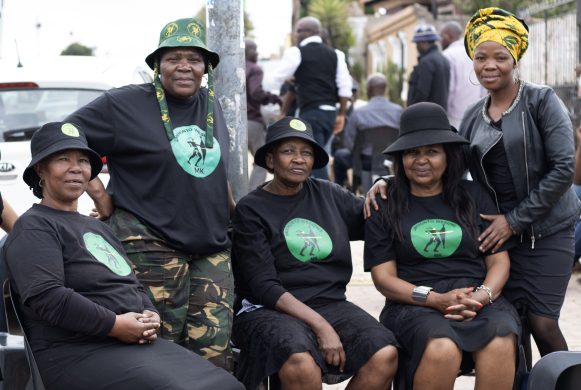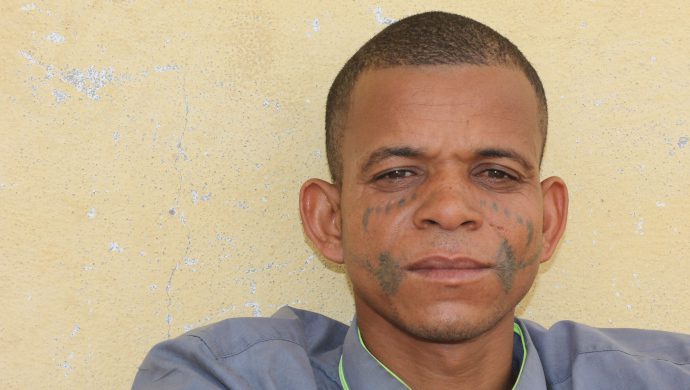Risikoen for at nødhjælpsarbejdere kidnappes er steget betydeligt i de seneste år. Rapporten ”Aid Workers Security Report 2013” sætter fokus på området. I det hele taget er der flere og flere angreb på nødhjælpsarbejdere.
Fra rapportens indledning:
This fourth edition of the Aid Worker Security Report provides the latest verified statistics on global violence against aid workers, and takes an in-depth look at kidnapping, which in 2012 affected more aid workers than any other form of major violent attack.
Although kidnapping outcomes are less lethal than other means of violence (over 80 per cent of aid worker kidnap victims survive) the growing prevalence of kidnapping and its unique potential to disrupt operations warrant special consideration.
The ordeal of the two Spanish MSF workers, kidnapped in 2011 near the Kenya–Somali border and held hostage for 21 months, illustrates the high human cost the kidnapping threat entails.
Part 1 of this report updates the statistics on attacks against aid workers worldwide.
Part 2 examines kidnapping trends more closely, looking at geographic and other patterns, and the ways in which kidnapping poses individual, organisational, and collective threats to humanitarian action.
Part 3 discusses the various ways aid organisations approach risk management for kidnapping, including mitigation measures and crisis response, and the difficult issue of ransom payment. The report concludes with a series of recommendations.
Key findings
- In 2012, there were 167 incidents of major violence against aid workers in 19 countries.
- These attacks resulted in 274 aid workers killed, kidnapped, or seriously wounded.
- The number of victims relative to the estimated total number of aid workers (the attack rate) continued to rise.
- Aid worker kidnappings have quadrupled over the past decade; since 2009, more aid workers have been victims of kidnapping than of any other form of attack.
- Aid organisations have invested considerable resources in managing the response to kidnappings, but have not adequately addressed the threat itself.
- Aid agency decision-making is overly focused on whether or not to pay cash ransom, neglecting the broader challenge of negotiating concessions in high-risk environments.
Rapporten er udarbejdet af det britiske konsulentfirma Humanitarian Outcomes på baggrund af data fra Aid Worker Security Database.
Læs mere om Aid Worker Security Database
Download rapporten ” Aid Worker Security Report 2013” her (PDF, 15 sider)















